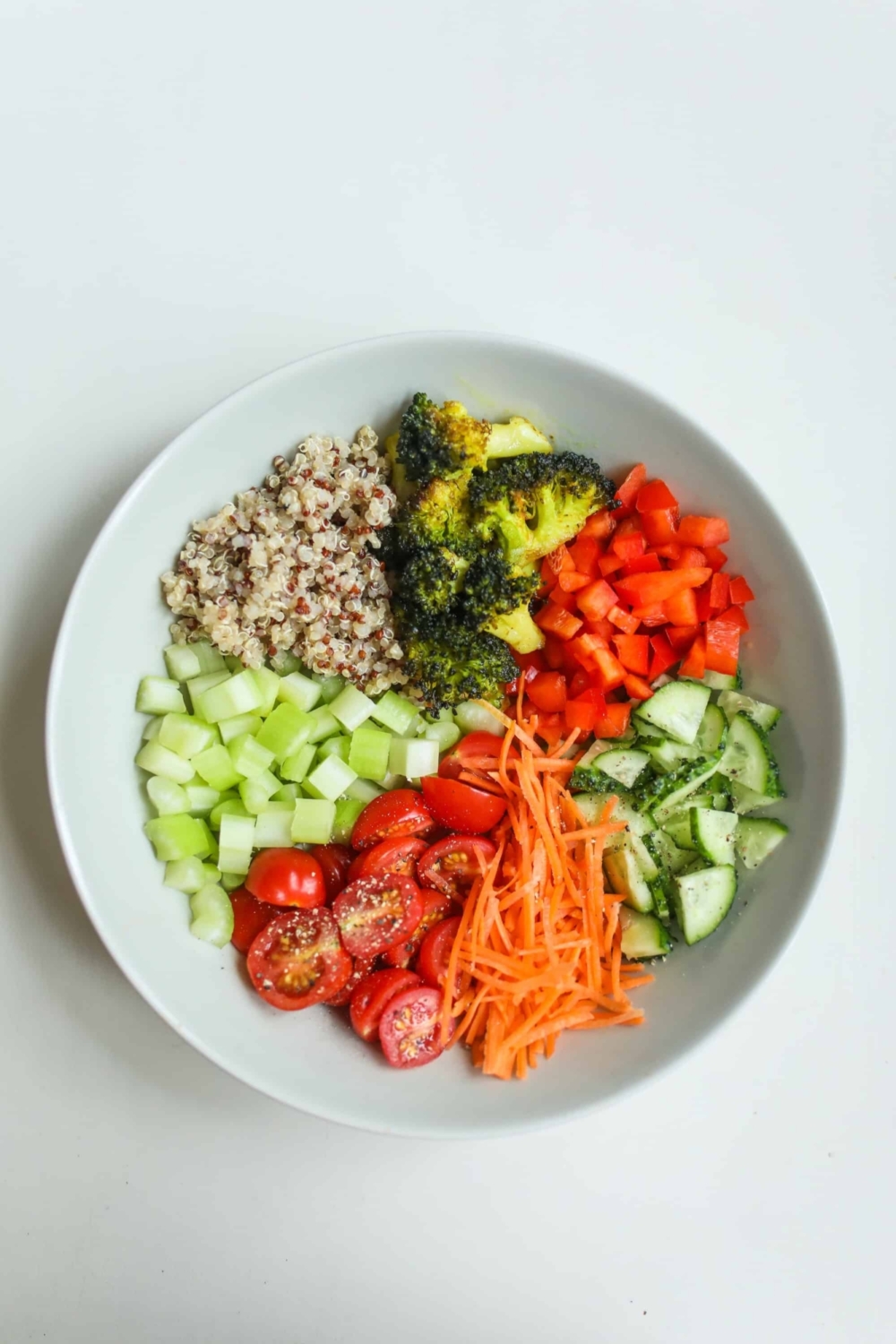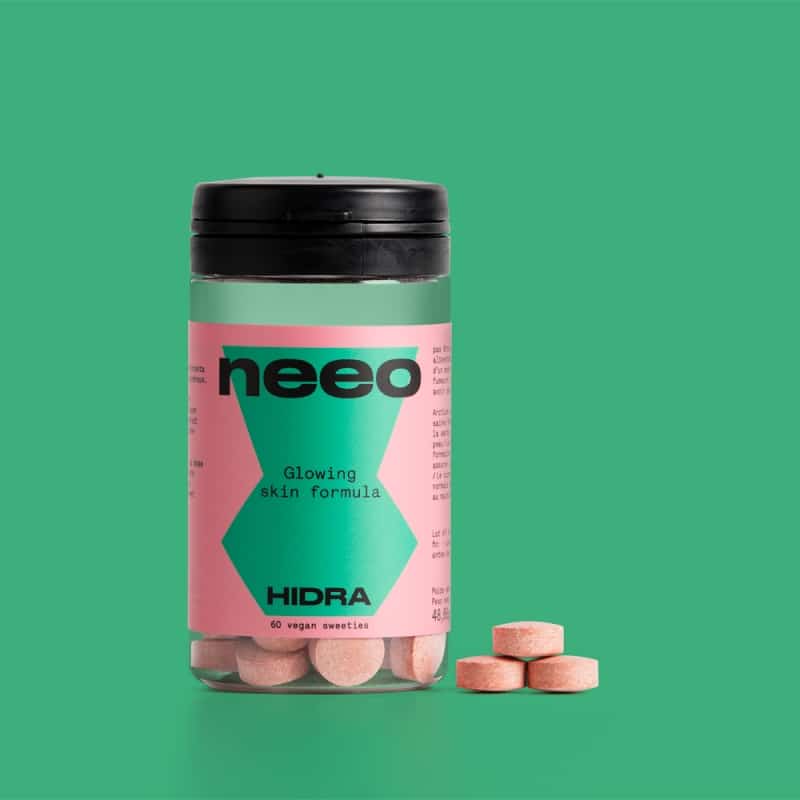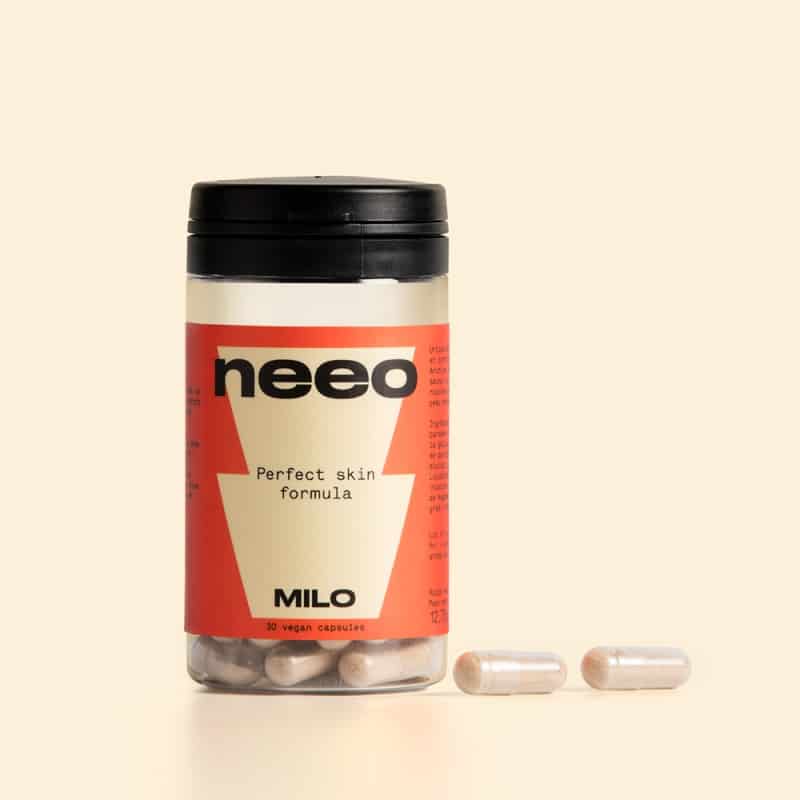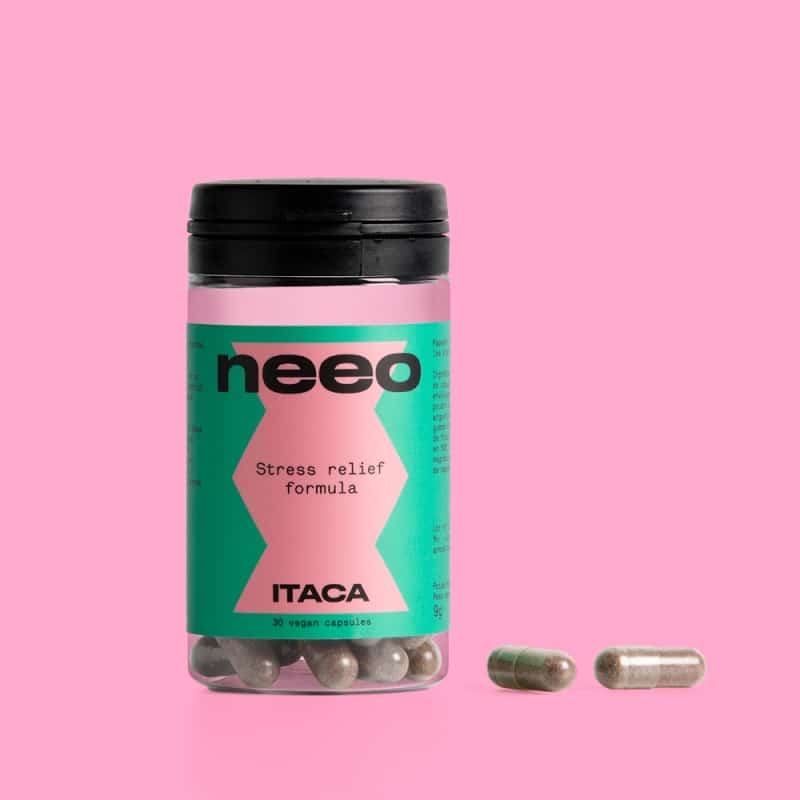Enhancing the Mediterranean Diet: Exploring the Benefits of TEMPLO and Other Mediterranean Supplements
The Mediterranean diet is globally recognized for its health benefits, and it’s no wonder why. Based on the traditional foods of the Mediterranean region, this diet is characterized by a focus on fresh ingredients such as olive oil, fish, fruits, vegetables, and legumes. In addition to following a balanced diet, we can also leverage Mediterranean supplements to further enhance the health benefits. In this article, we will explore the advantages of the Mediterranean diet and how we can complement it with the TEMPLO supplement, which includes key nutrients such as omega-3, olive oil, and lycopene.
The Mediterranean Diet and Its Benefits
The Mediterranean diet has been associated with numerous health benefits. Studies have shown that following this diet can reduce the risk of cardiovascular diseases, lower blood pressure, and improve cognitive health. Mediterranean foods, rich in antioxidants, omega-3 fatty acids, fiber, and vitamins, offer a wide range of essential nutrients for overall well-being.
Complementing the Mediterranean Diet with Supplements: While the Mediterranean diet is nutrient-rich, it can sometimes be challenging to obtain all the necessary components through daily food intake. This is where Mediterranean supplements come into play. These supplements are formulated to complement the diet and provide additional nutrients that may be difficult to obtain in sufficient quantities.
One of these supplements is TEMPLO, a multivitamin specifically designed to enhance the benefits of the Mediterranean diet. TEMPLO includes three key ingredients: omega-3, olive oil, and lycopene.
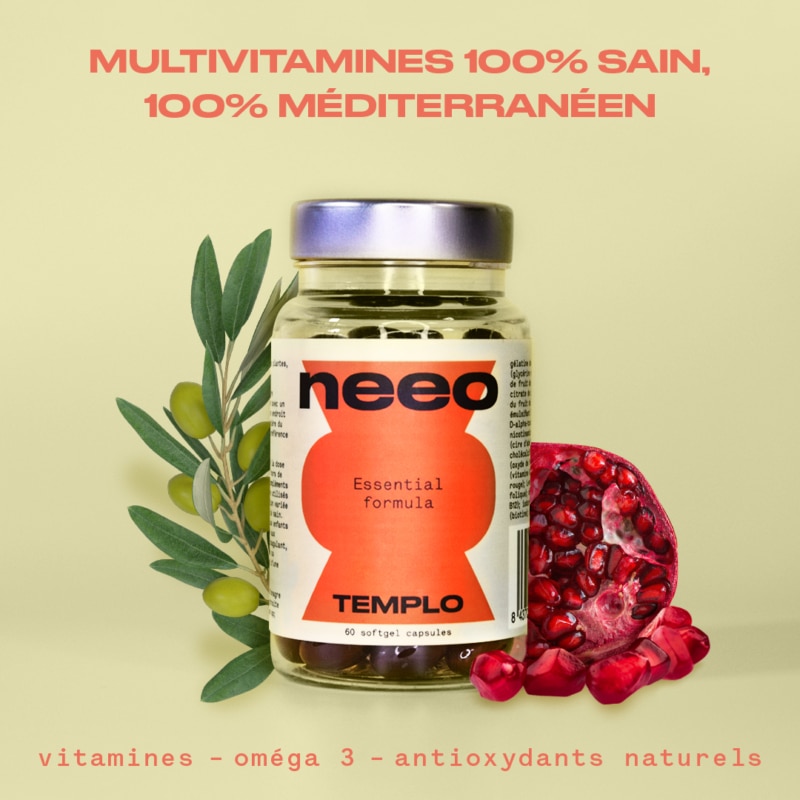
- Omega-3: Omega-3 fatty acids are essential for heart and brain health. They have been shown to reduce the risk of cardiovascular diseases, decrease inflammation, and improve cognitive function. By including omega-3 in its formula, TEMPLO ensures that we obtain an adequate amount of this important nutrient.
- Olive Oil: Olive oil is a cornerstone of the Mediterranean diet. It is rich in healthy fats, antioxidants, and anti-inflammatory compounds. In addition to its cardiovascular health benefits, olive oil can also help reduce inflammation, improve brain function, and protect against premature aging. The inclusion of olive oil in TEMPLO allows us to harness these additional benefits.
- Lycopene: Lycopene is a powerful antioxidant found in tomatoes and other Mediterranean foods such as watermelon and pink grapefruit. It has been associated with reducing the risk of certain types of cancer, protecting the skin against UV rays, and improving heart health. By including lycopene in its formula, TEMPLO provides us with an extra dose of this beneficial antioxidant.
Tips for a Healthy Mediterranean Diet
Here are some tips for following a healthy Mediterranean diet:
- Include a variety of fresh fruits and vegetables in your daily meals.
- Prioritize whole foods such as whole grains and legumes.
- Use extra virgin olive oil as the primary source of fat.
- Limit the consumption of red meat and opt for fish as a protein source.
- Enjoy Mediterranean herbs and spices to add flavor and additional benefits.
- Maintain adequate hydration by choosing water as the main beverage.
Conclusion
The Mediterranean diet offers a wide range of health benefits, and complementing it with Mediterranean supplements such as TEMPLO can further enhance these positive effects. TEMPLO, with its combination of omega-3, olive oil, and lycopene, provides essential nutrients that may be challenging to obtain solely through food. By following a healthy Mediterranean diet and utilizing the appropriate supplements, we are taking a step towards a healthier and more balanced life.
Always remember to consult with a healthcare professional before starting any supplementation to ensure it suits your individual needs.
Enjoy the benefits of the Mediterranean diet and feel better every day!
